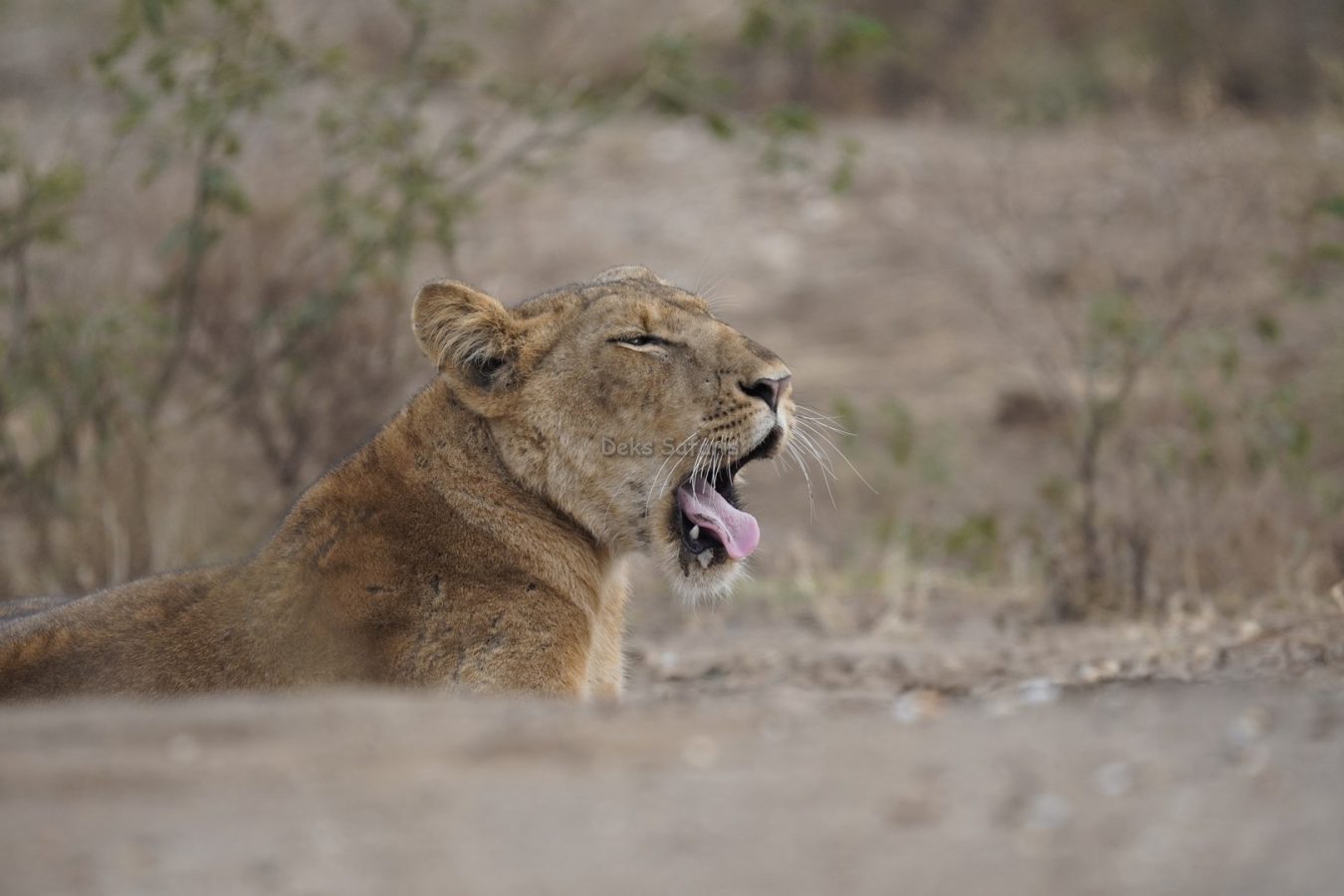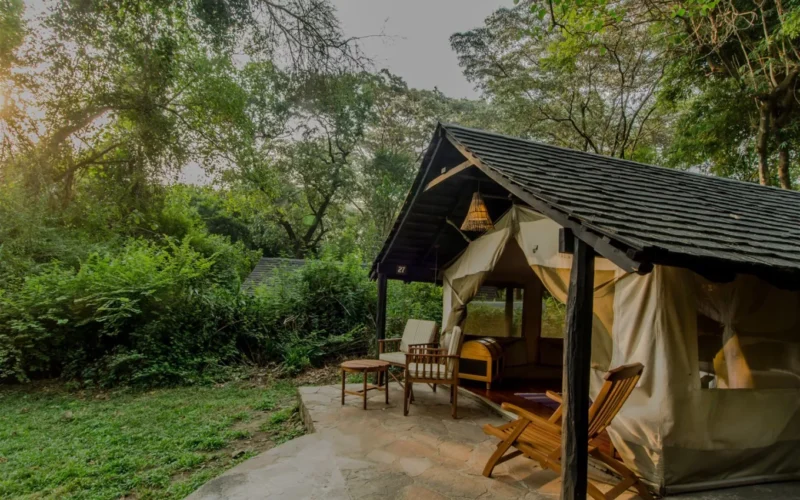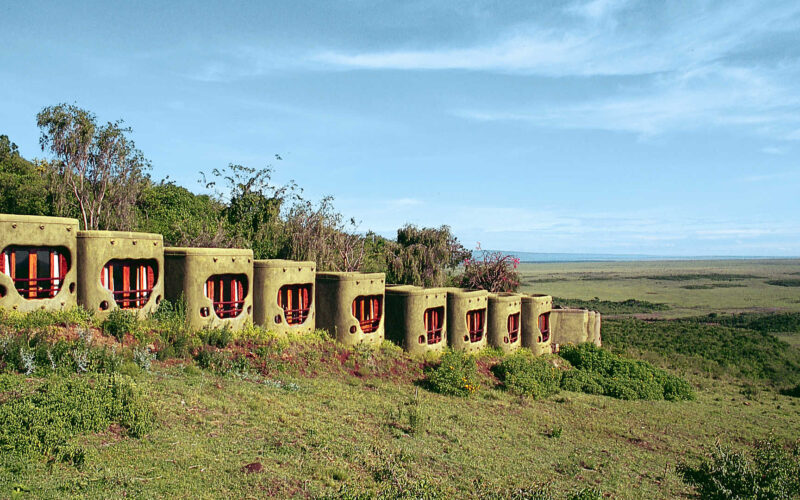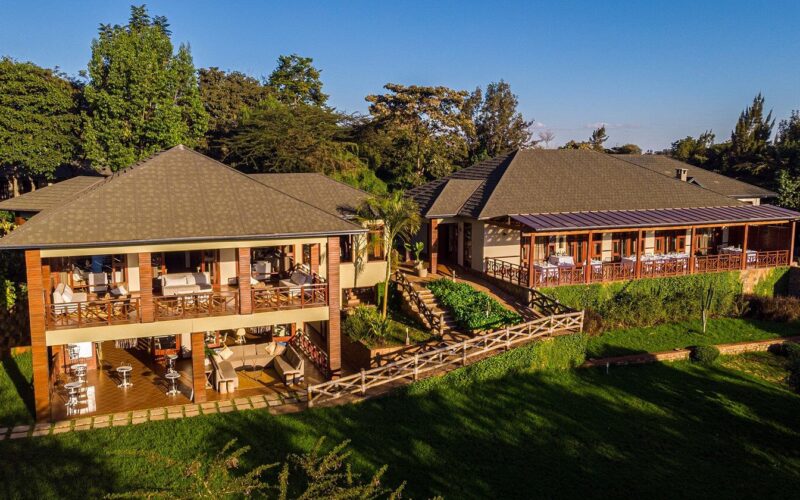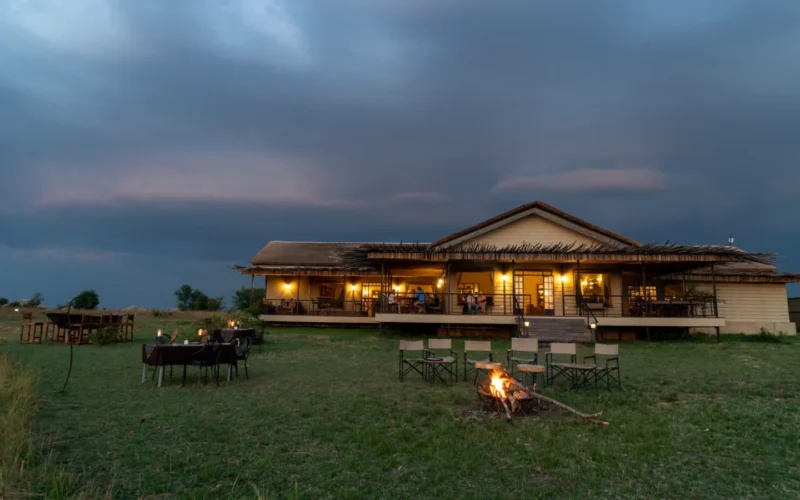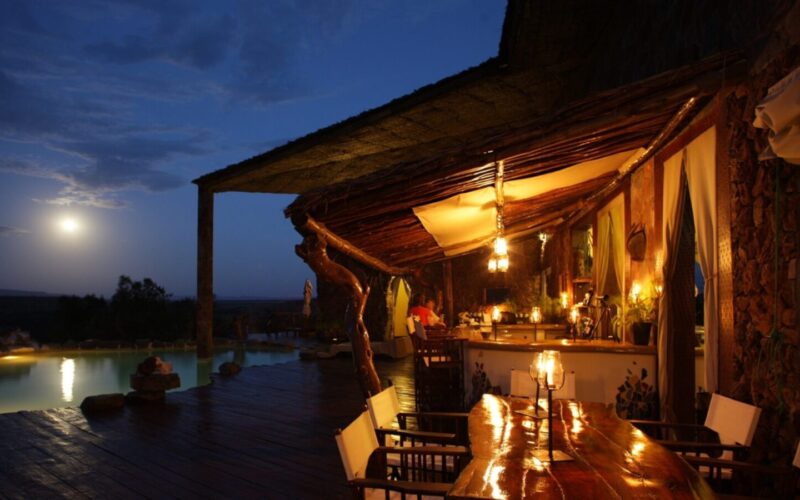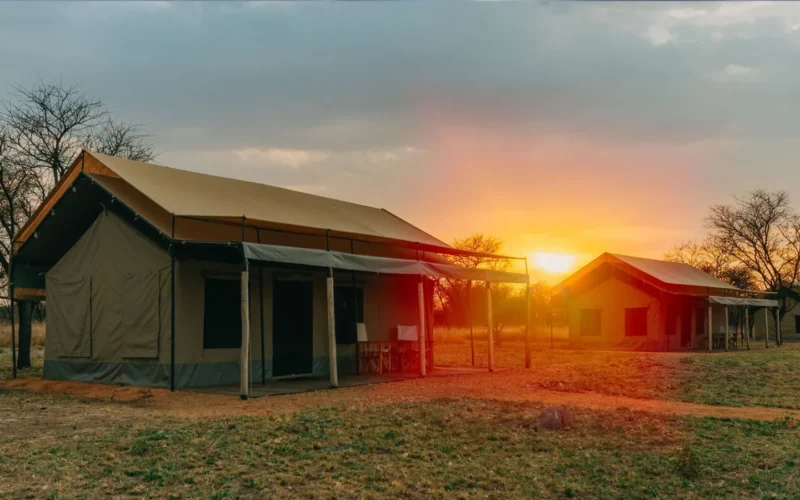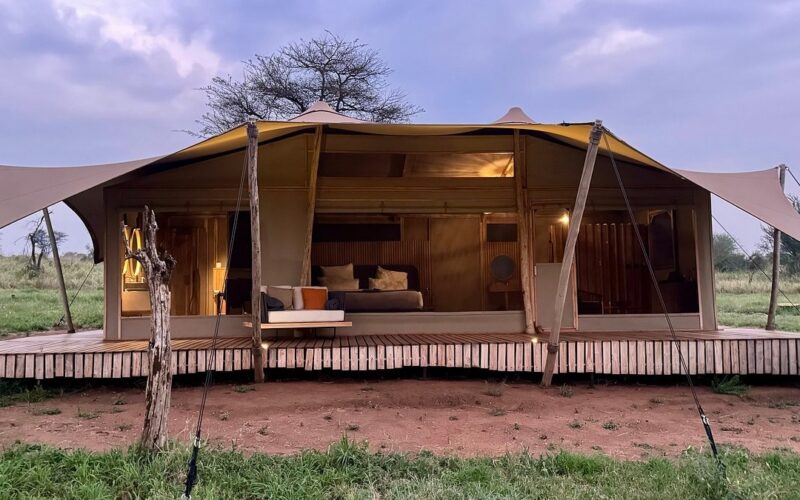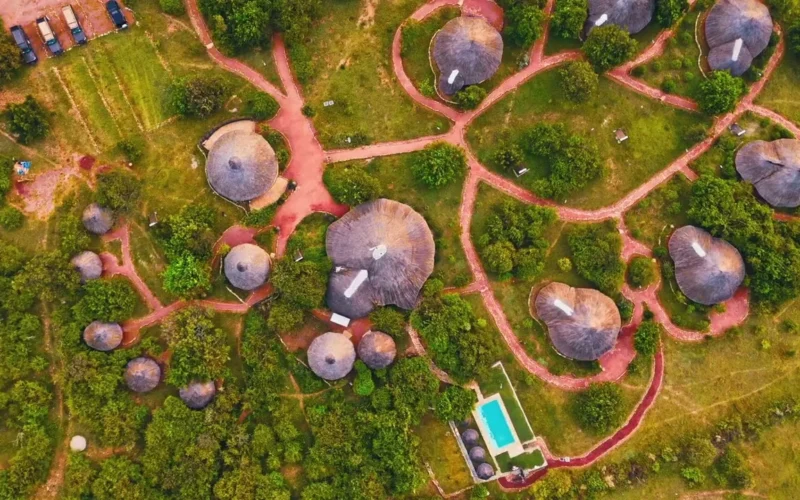
How Much Does a 7-Day Tanzania Safari Cost?
September 29, 2025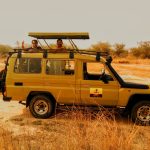
Why Are Tanzania Safaris More Expensive Than Kenya Safaris?
September 29, 2025How Expensive Are Safaris in Tanzania? – Deks Safaris & Tours
A Tanzania Safari offers unforgettable encounters with Africa’s most iconic wildlife, but travelers often ask, how expensive are Tanzania Wildlife Safaris in 2026/2027? Safari costs vary depending on multiple factors, including budget, duration, accommodation, included activities, and the time of year. Budget travelers can expect to pay roughly $250 per person per day, covering shared accommodations, guided Tanzania Game Drives, and basic meals. Mid-range safaris generally range from $400 to $700 per person per day, offering upgraded lodges or tented camps, semi-private or private game drives, and additional activities such as walking safaris in Tanzania or cultural visits near safari lodges. Luxury Tanzania Safari Holidays may exceed $1,000 per person per day, providing private vehicles, exclusive guides, five-star lodges, gourmet dining, balloon safaris over the Serengeti, and access to remote wildlife areas.
The overall cost of a typical Tanzania Safari can range between $2,000 and over $10,000 per person, depending on the total number of days, the level of comfort, and the diversity of activities included. Packages that integrate multiple parks such as Serengeti National Park, Ngorongoro Crater, Tarangire, Ruaha, or Nyerere National Park, along with optional walking tours, hot-air balloon rides, and cultural experiences, naturally increase in cost. For travelers wishing to combine Tanzania Safari and Gorilla Trekking, additional permits, flights, and cross-border logistics must be considered, further influencing the overall expense.
Factors Influencing Tanzania Safari Costs
Several factors determine how much a Tanzania Wildlife Safari costs and help travelers plan budgets effectively. Time of year is a primary factor, with peak periods between June–August and December–January commanding the highest rates due to optimal wildlife viewing and holiday demand. Traveling during off-peak months, typically March–May, provides discounted rates, fewer crowds, and unique photographic opportunities, though road conditions may be more challenging.
The length of the safari directly impacts the total cost. Shorter safaris, ranging from one to three days, are more budget-friendly but may limit wildlife exposure. Longer itineraries spanning seven to ten days allow access to multiple parks, walking safaris, and cultural experiences. Interestingly, while total costs increase with duration, the daily rate can decrease as accommodation and logistical efficiencies are achieved over extended periods.
The level of luxury also plays a significant role. Budget safaris include basic tents, shared meals, and group guides. Mid-range options provide private or semi-private tents, upgraded accommodations, and additional activities. Luxury safaris offer exclusive lodges or private villas, personal guides, fine dining, and premium experiences such as hot-air balloon rides and early morning game drives. Selecting the right balance between comfort, adventure, and budget is essential for a tailored Tanzania Safari Holiday.
How Activities Affect Safari Costs
Activities included in a Tanzania Safari significantly influence the total cost. Park entrance fees alone can be substantial, especially for renowned areas like Serengeti National Park or Ngorongoro Crater. Most safari packages include a combination of Tanzania Game Drives, guided walking safaris in Tanzania, and optional excursions such as cultural visits, hot-air balloon rides, and photography tours.
Walking safaris in Tanzania allow visitors to explore ecosystems on foot, observing animal tracks, flora, and smaller wildlife that vehicles may miss. Cultural visits near safari lodges offer encounters with Maasai or Hadzabe communities, showcasing traditional lifestyles, rituals, and crafts. Some luxury packages incorporate private bush dinners, night drives, or specialized wildlife photography workshops. Each added activity enhances the safari experience while influencing the overall cost. Planning the number and type of activities ensures travelers can balance adventure, cultural immersion, and budget effectively.
Inclusions and Optional Experiences
The inclusions of a Tanzania Safari Holiday vary widely, affecting the overall price. Budget safaris generally cover accommodations, a guide, park fees, and basic meals. Mid-range packages include upgraded lodges or tented camps, semi-private game drives, and cultural excursions. Luxury safaris offer all-inclusive packages with high-end lodges, private guides, personalized meal plans, early morning and sunset Tanzania Game Drives, and access to remote wildlife areas.
Optional experiences, such as hot-air balloon rides over the Serengeti, walking safaris in Tanzania, or Gorilla Trekking extensions, increase the value of the safari but also the cost. Combining activities requires careful planning to optimize both time and budget. Reputable tour operators like Deks Safaris & Tours ensure transparent pricing, detailing inclusions and optional add-ons so travelers can choose a package that suits their financial and experiential preferences.
Seasonal Considerations and Cost Management
The time of year dramatically impacts safari costs. The dry season (June–October) is the peak period for wildlife sightings and the Great Migration, resulting in higher accommodation and tour rates. Travelers seeking lower costs may choose off-peak periods (March–May), benefiting from discounted rates, fewer crowds, and vibrant green landscapes, though some roads may become difficult to navigate.
Seasonal awareness also allows travelers to align itineraries with specific wildlife events. For instance, the wildebeest calving season occurs from December to March, while predator activity peaks during the dry season. Choosing the right season balances wildlife visibility, cost efficiency, and overall safari satisfaction. Expert operators like Deks Safaris & Tours provide detailed advice on timing, ensuring a well-budgeted, high-quality Tanzania Safari experience.
Customization and Private Safari Options
Customization is a major factor in determining how expensive a Tanzania Safari will be. Private tours, personalized itineraries, and exclusive lodges naturally increase the cost but create a tailored and immersive experience. Private vehicles, personal guides, and early access to wildlife areas provide flexibility, enhancing wildlife sightings, photography opportunities, and comfort.
Travelers can design itineraries that combine multiple parks, walking safaris, cultural excursions, and optional activities such as balloon safaris or Gorilla Trekking extensions. A highly personalized safari ensures every day aligns with traveler priorities, from sunrise game drives in the Serengeti to Maasai village visits near Tarangire. While this level of customization increases price, it guarantees a transformative and unforgettable Tanzania Wildlife Safari experience.
Understanding Tanzania Safari Costs
In conclusion, Tanzania Safari costs in 2026 vary depending on budget, length, luxury level, activities, and seasonal timing. Budget safaris start around $250 per person per day, mid-range packages range from $400–$700, and luxury experiences exceed $1,000 per day. Total costs for a complete Tanzania Safari can range from $2,000 to over $10,000 per person, reflecting choices in accommodation, private versus group tours, park selections, and optional activities.
By understanding these cost factors, travelers can plan Tanzania Safari Holidays that balance adventure, comfort, and financial considerations. Expert operators like Deks Safaris & Tours provide guidance on seasonal planning, customized itineraries, and activity selection, ensuring each safari delivers maximum value. A well-planned Tanzania Safari combines breathtaking wildlife encounters, walking safaris in Tanzania, cultural experiences, and optional Gorilla Trekking extensions, creating a truly unforgettable African adventure that aligns with both expectations and budget.

